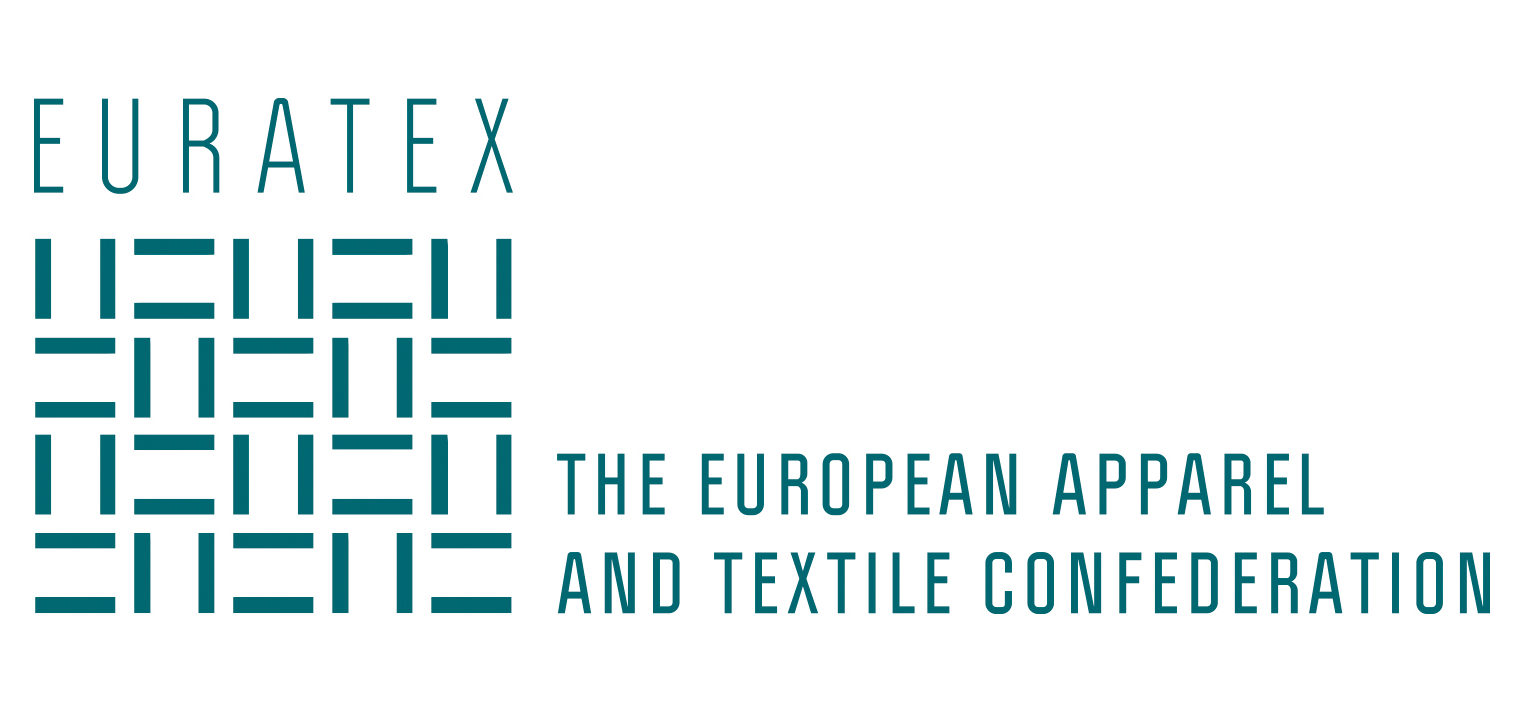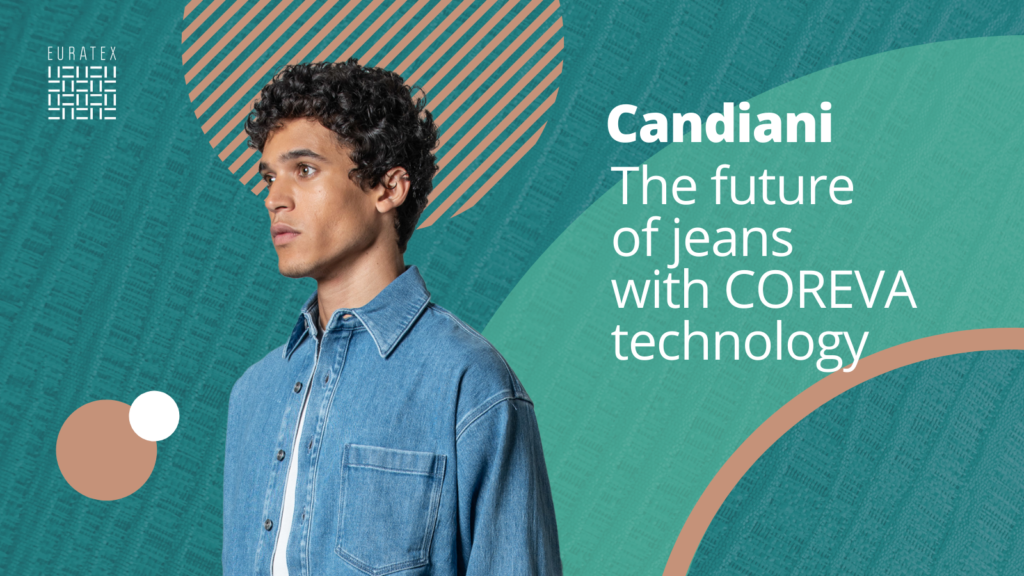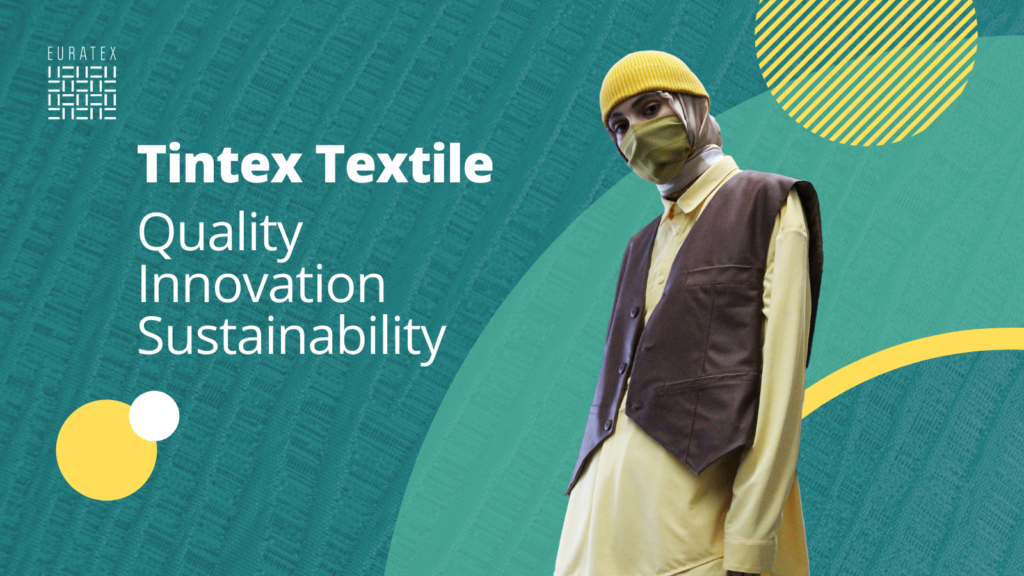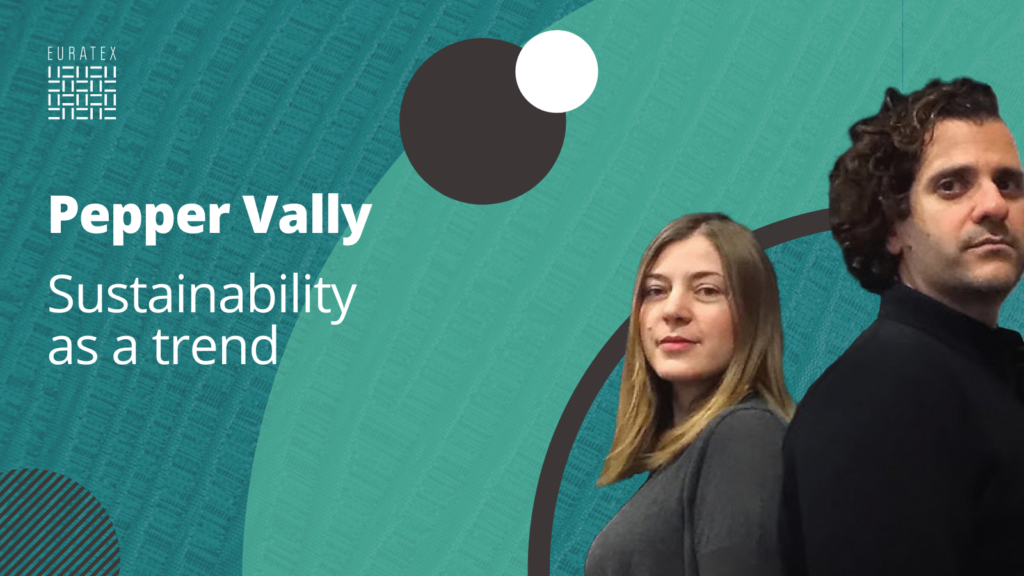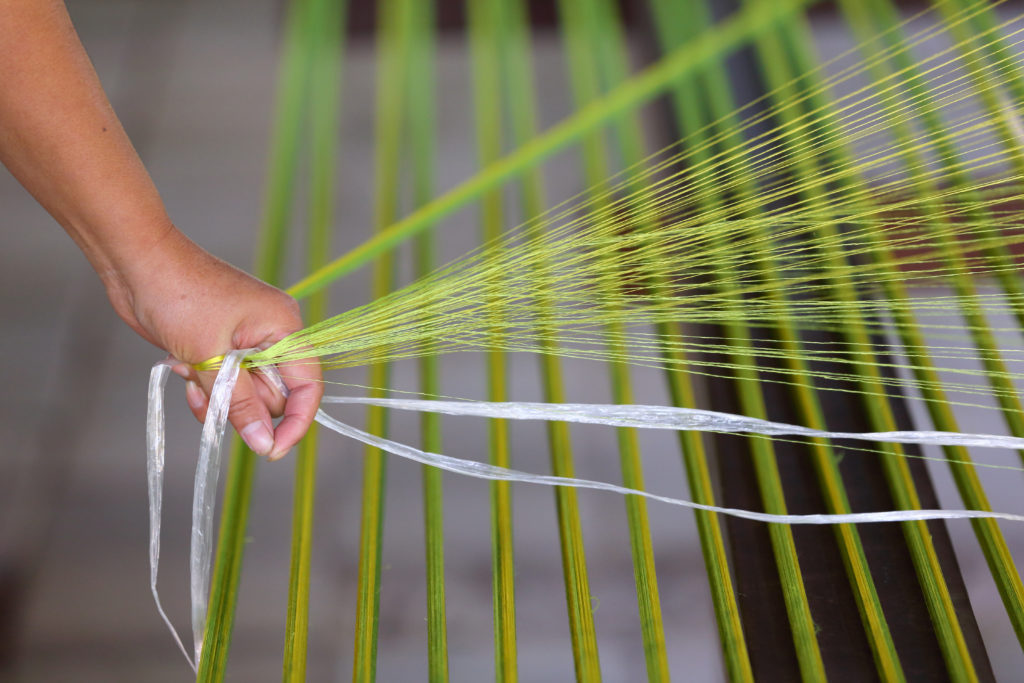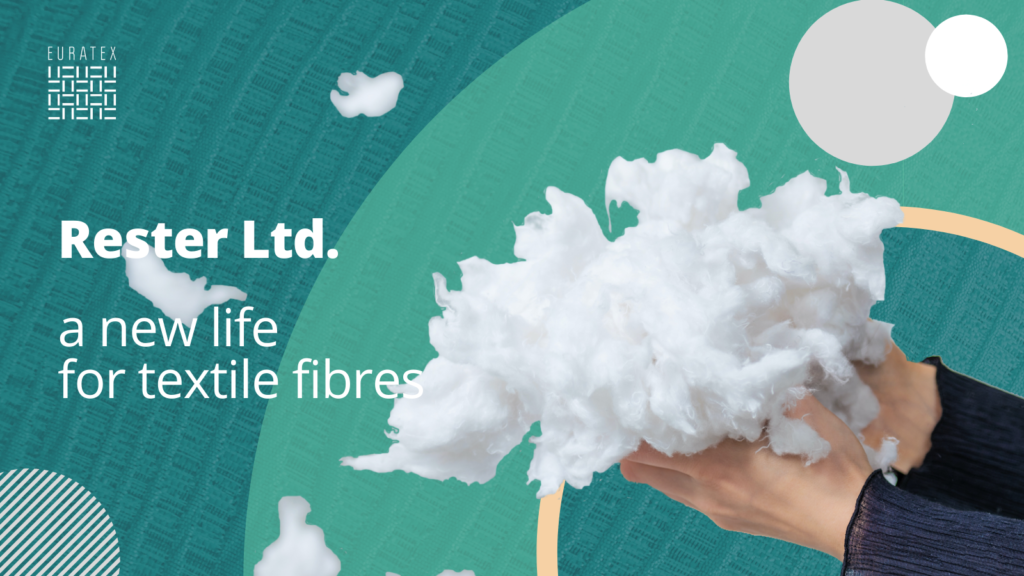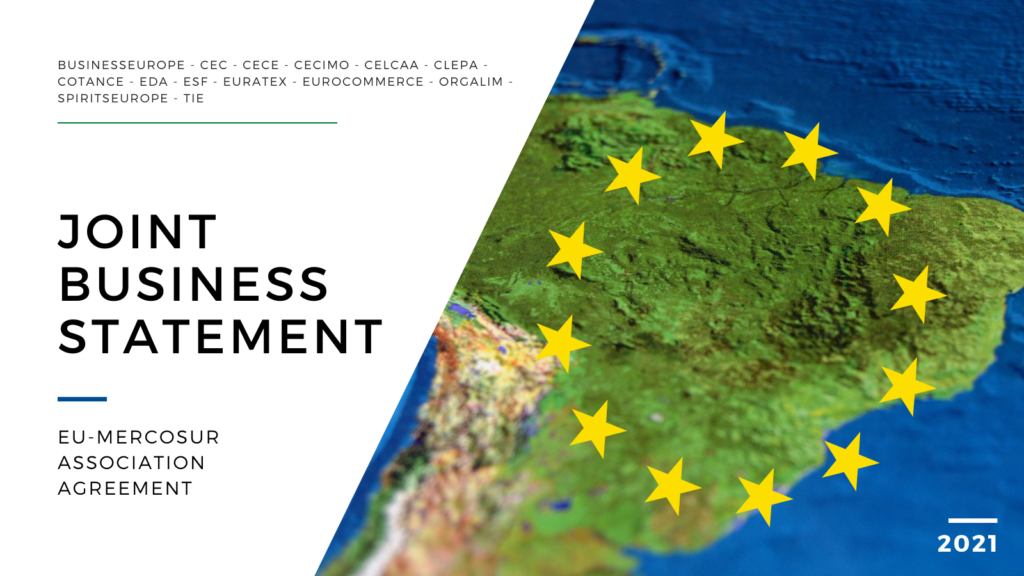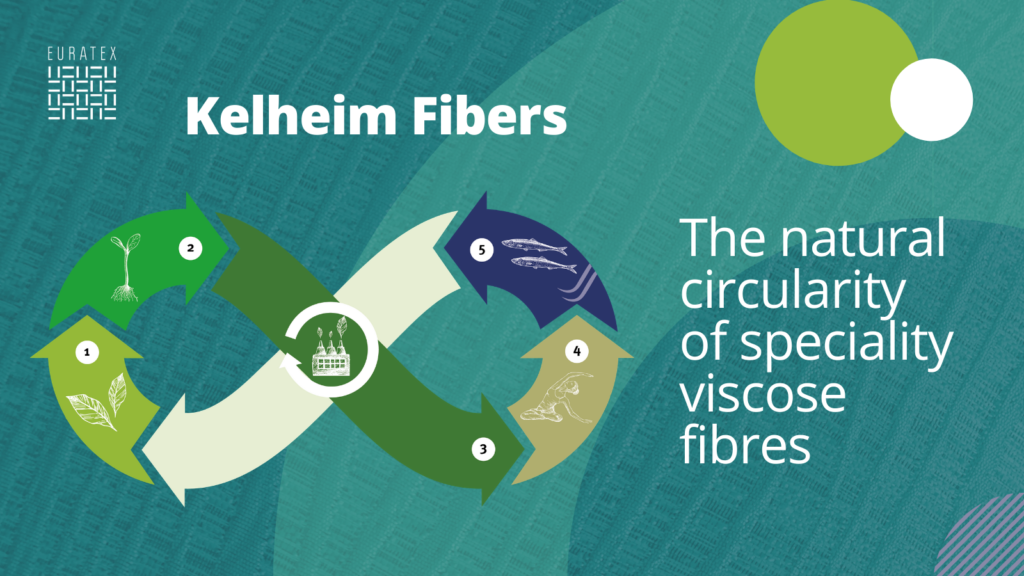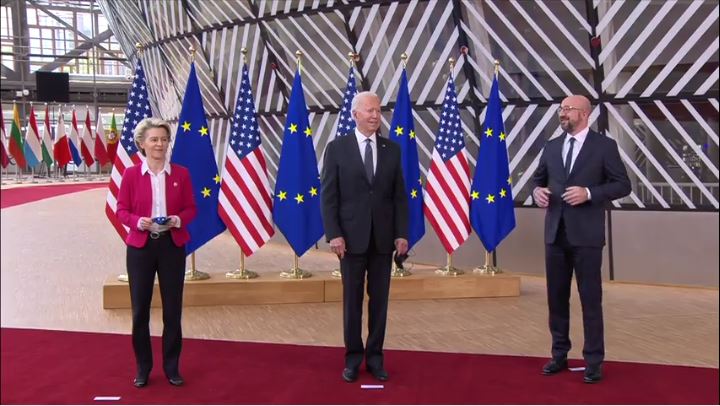The future of jeans with COREVA technology
The inspiration for COREVA™ came from Alberto Candiani whilst he was shopping for salami cold cuts in his local delicatessen in Milan. Alberto Candiani was inspired by salami cold-cuts in his local market to create COREVA. After he asked about that salami hanging from the ceiling, he realised that the casings were composed of natural…
Read more
